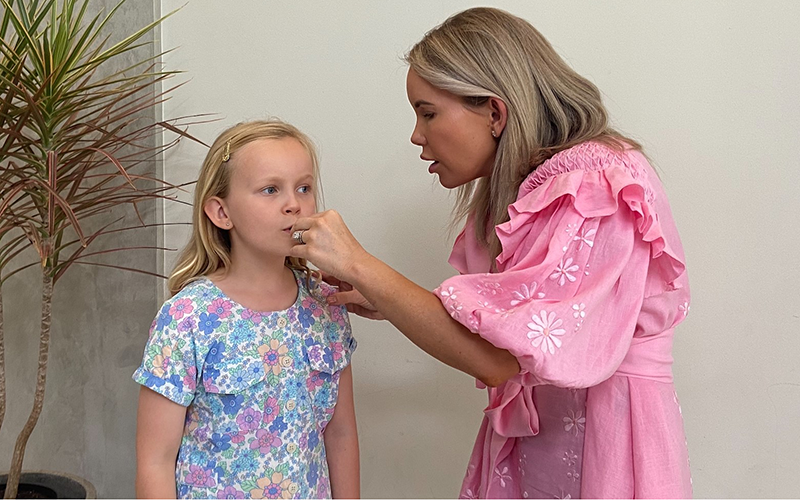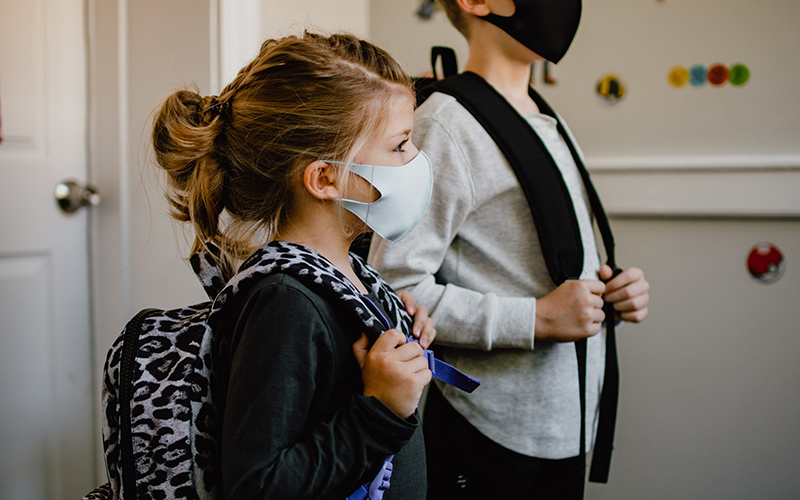Search
Research
Specific IgA, but Not IgG, in Human Milk from COVID-19-Infected Mothers Neutralizes SARS-CoV-2This study highlights the importance of human milk in providing anti-severe acute respiratory syndrome coronavirus 2 immunity to newborns. The highest protective activity of human milk against COVID-19 was found in colostrum from infected mothers.
Research
From speculative to real: Community attitudes towards government COVID-19 vaccine mandates in Western Australia from May 2021 to April 2022Many governments employed mandates for COVID-19 vaccines, imposing consequences upon unvaccinated people. Attitudes towards these policies have generally been positive, but little is known about how discourses around them changed as the characteristics of the disease and the vaccinations evolved.
Research
The genomic evolutionary dynamics and global circulation patterns of respiratory syncytial virusRespiratory syncytial virus (RSV) is a leading cause of acute lower respiratory tract infection in young children and the second leading cause of infant death worldwide. While global circulation has been extensively studied for respiratory viruses such as seasonal influenza, and more recently also in great detail for SARS-CoV-2, a lack of global multi-annual sampling of complete RSV genomes limits our understanding of RSV molecular epidemiology.
Research
Correlating Quantitative and Genomic SARS-CoV-2 Wastewater Data with Clinical Metrics in Metropolitan Perth, Western AustraliaWastewater-based epidemiology (WBE) has emerged as a key method for the continuous monitoring of COVID-19 prevalence including circulating SARS-CoV-2 lineages. WBE addresses the limitations of traditional clinical COVID-19 surveillance such as clinical test availability, fluctuating testing rates, and increased reliance on rapid antigen tests.

News & Events
WA’s Omicron wave on a downward trajectory, despite new variantsSophisticated modelling produced is predicting a steady decline in COVID-19 cases in WA throughout August, but hospitalisation rates will remain relatively high.

News & Events
Perth COVID-19 infection study to doorknock in search of undetected cases during Omicron waveResearchers will be asking random households across metropolitan Perth to undertake COVID tests to reveal how much undetected infection is in the community.

News & Events
COVID-19 in WA: Why having our kids wear masks at school is the correct callWest Australian children as young as Year 3 are now turning up to school in masks, presenting a new challenge for kids, parents and schools.

News & Events
Return to school measures build confidenceWA parents and carers can have confidence in sending their children back to school on January 31 with the measures outlined in today’s Safe Return to School Plan.

News & Events
DETECT Schools Program UnderwayThe DETECT Schools program is underway, with swabs taken at 13 of the participating schools across Western Australia. No asymptomatic COVID-19 has been detected to date.

News & Events
International COVID-19 ‘risk’ tool launched to reduce community transmissionThe Kids Research Institute Australia researchers have collaborated with global experts to launch an online tool designed to assess the risk of contracting COVID-19 and provide advice to reduce transmission.
